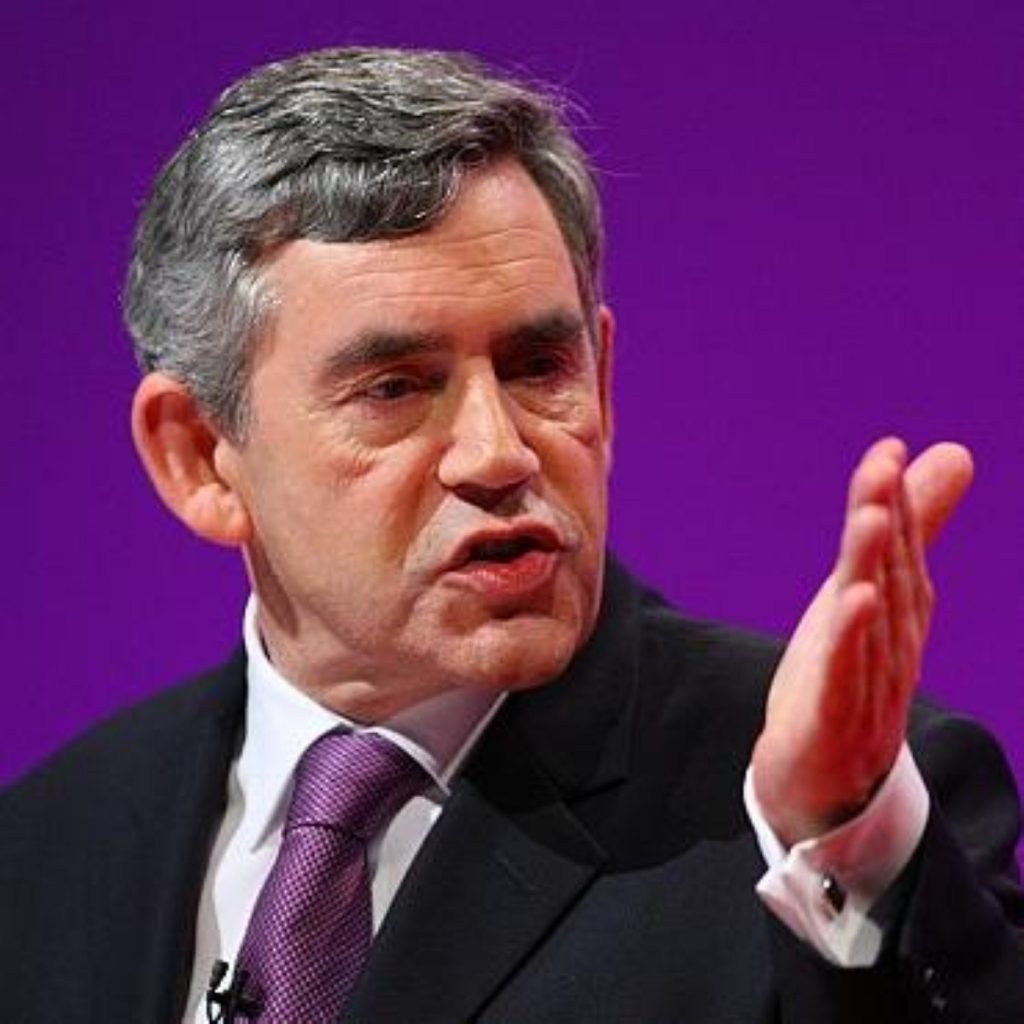Brown defends ‘bold’ bailout
Gordon Brown and Alistair Darling have defended their plans for a massive bailout of Britain’s banking system.
The plans will see the taxpayer become a shareholder of major banks in exchange for a £50 billion rescue package.
It effectively constitutes a partial nationalisation of the British banking system.
Banks do not have to accept the offer – indeed, some have signalled they plan to have no part in it – and the government does not take executive control of the bank. But those which do sign up, like the Royal Bank of Scotland, will now be part-publicly owned.


The reaction from opposition parties and industry figures has been generally positive but there are several concerns about the deal.
Some critics are worried about the limited power government holds over banks given the amount of taxpayer money being offered.
The government will have no controlling interest and no impact on deciding who sits on the board. There are also concerns that the conditions Mr Brown and Mr Darling want to impose on banks – on executive pay and dividends among other things – are unenforceable.
The sheers size of the bailout indicates a future need for cuts in public expenditure or higher taxes.
The pair spoke at a press conference following a day of massive share price falls for the banks after speculation about the plan.
The government is offering to take share of banks – providing them with capital – as well guaranteeing inter-bank loans up to £250 billion and offering £200 billion in liquidity through the bank of England.
As of 11:44 BST there was a slight improvement in the FTSE Index.
“Families are worried and I know and understand this,” Mr Brown said.
“Good strong banks are essential. These times require bold action.”
He added the global financial market had ceased to function and the plans “break new ground”.
The prime minister said the plans would bring about a “comprehensive restructuring” of banking and went further than the US bailout.
He also pledged the taxpayer will not lose out from the deal.
“All investments will earn a proper return for taxpayer,” he said. “On commercial terms we expected to be rewarded.”
He added strings would be attached for the banks, with caps on executive remuneration schemes, control on dividend payments, and credit lines to small business will be maintained.
He described them as “tough conditions”.
Mr Darling said: “Restructuring of banking is necessary. We are not looking to take control of the banks.”
Liberal Democrat leader Nick Clegg commented: “There can be no doubt that today marks a fundamental shift in the way we view banks and, in turn, the obligations banks have to the public must change for good.”









